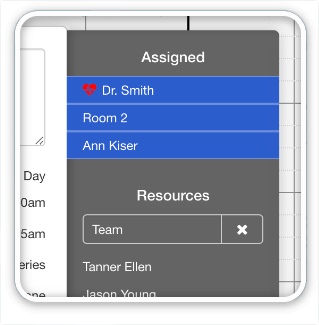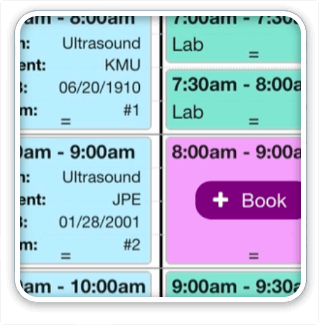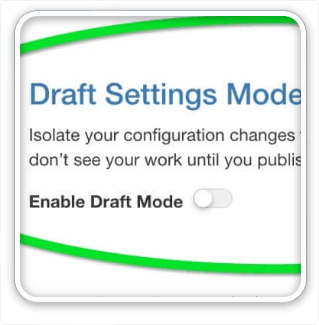Using time words
Projects wander. Customers have unreasonable expectations. We make promises we can’t keep and that our customers misinterpret. Yet a simple grammar hack may help curb all of this.
Consider the difference in clarity between these two versions of a project’s “next steps” we might send to a customer:
“The project would cost $X,XXX and take about two weeks. We’ll also need your high-res images.”
Versus the clearer version:
“The project would cost $X,XXX. After we receive your payment and high res images, the project will then take us about two weeks.”
The words “after” and “then” make a huge difference. Include a payment link with the second version and the customer clearly knows what’s expected. Send the first version, and you’ll email back and forth a few more times before you get started. An even clearer version would be:
“The project would cost $X,XXX. After we receive your payment and high res images, the project will then take us about two weeks. If you can get the payment and images to us by 2pm Monday we’d be able to deliver your project the morning of the 21st.”
Time words are those that put a pin in the temporal map–day names like “on Monday” and times like “by 2pm”–as well as words that describe sequences in time: “before” “after”, “until”.[ba-pullquote align=”right”]Communicating *without* time words is like sending someone a madlibs version of your plans[/ba-pullquote]
Sentences that include time words create a more explicit story about what you’ll be doing for someone or what you expect them to do for you. Lacking these words, people will fill in the gaps in the story you’re telling with their own specifics. Folks will also fill in their own details if you use vague time words like “soon” or vague calendar names like “next week” Our minds like to solve puzzles and finish incomplete stories. So communicating *without* time words is like sending someone a madlibs version of your plans.
 Telling someone you’ll reply to them “next week” is a similar problem. Your type-A contact who has a high need for social inclusion may interpret that to be “as soon as next week begins,” meaning Monday morning. While I, perhaps more given to procrastination, may figure I’ve given myself until Thursday or Friday before I’m breaking my word by not replying yet. That gap between our two interpretations leads to disappointment and to stress: I know I’m disappointing my contact less if I reply earlier in the week and displeasing them more if I reply later in the week. Carrying around five or six such vague obligations–where the best case outcome is displeasing someone less–is a sure fire way to feel like you’re never keeping up.
Telling someone you’ll reply to them “next week” is a similar problem. Your type-A contact who has a high need for social inclusion may interpret that to be “as soon as next week begins,” meaning Monday morning. While I, perhaps more given to procrastination, may figure I’ve given myself until Thursday or Friday before I’m breaking my word by not replying yet. That gap between our two interpretations leads to disappointment and to stress: I know I’m disappointing my contact less if I reply earlier in the week and displeasing them more if I reply later in the week. Carrying around five or six such vague obligations–where the best case outcome is displeasing someone less–is a sure fire way to feel like you’re never keeping up.
(Like many things, this is really just an interpretation of the first of the Four Agreements.)
Making time words part of your routine
Giving your correspondence a quick read-through to make sure you’ve included specific time words takes only a minute and will really improve the quality of your interactions. Putting these specific times on the calendar at the same time (during that read-through) will help you record your commitments and assure you’re making new promises in the context of the commitments you’ve already made.
It would be great if there were a tool out there that could take your email containing time words and make a series of appointments out of it–make a little gantt chart for you automatically–so you could see your commitments in context. I’m sure someone’s working on that.





4 Comments
Along the same lines, I have found that clients tend to interpret a broad price range as “not to exceed the smaller number in the range.” I once told a new client that a task would cost “between $2,000 and $3,000.” When I sent an invoice for $2,900, he was angry and said, “You told me it would only be around $2,000.” Sigh…
Good reminders, and applicable to more than project management.
One minor typo — the last paragraph starts with “it would be greta” rather than “great”. (I don’t know, maybe there is a Greta working on the software you imagine!)
=) Thanks, John
Great article, however in all examples you also used the term “about two weeks”. Does this seem to read as a vague approximation rather then a definite?
Also when speaking of “weeks” sometimes there is the notion of calendar days vs business days, and toss in a holiday and that changes the duration of “the week.”